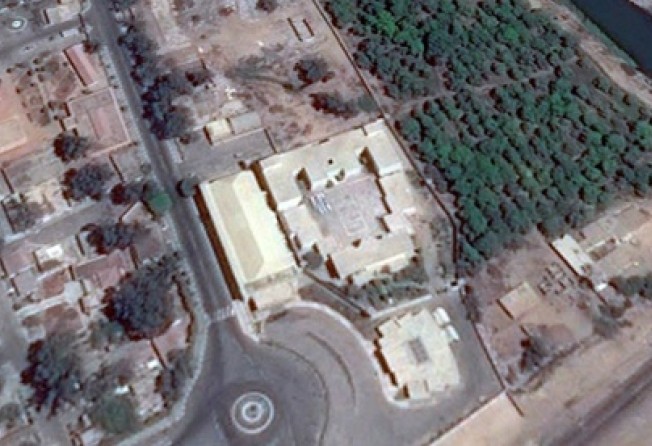400 ‘disappeared’ tortured in secret Egyptian military prison

Hundreds of "disappeared" Egyptians are being tortured and held beyond judicial oversight in a secret military prison, according to interviews with former inmates, lawyers, rights activists and families of missing people.
Since at least the end of July last year, detainees have been taken to Azouli prison blindfolded and forcibly disappeared.
Up to 400 are still being tortured and held beyond judicial oversight in a wide-scale crackdown that Amnesty and Human Rights Watch have jointly described as "repression on a scale unprecedented in Egypt's modern history".
Prisoners at Azouli are routinely given electric shocks, beaten and hung naked by their tied wrists for hours until they either give specific information, memorise confessions or - in the case of a small group of released former inmates - are deemed of no further use to their interrogators.
They are among at least 16,000 political prisoners arrested since last summer's regime change. But what sets Azouli's prisoners apart is the way they are held outside Egypt's legal system in circumstances that allow their jailers to act without fear of even hypothetical consequences.
Azouli prison cannot be seen by civilians. It lies inside a vast military camp - the sprawling headquarters of Egypt's second field army at Ismailia, 100km northeast of Cairo. But hundreds are all too aware of its third and highest floor, where the detainees are held in cramped cells.
According to three former inmates, each interviewed separately, most Azouli detainees are Salafis - ultraconservative Muslims - suspected of involvement in or having knowledge of militant attacks after the dispersal of a pro-Mohammed Morsi protest camp in August. Many are from the northern Sinai peninsula, the centre of a jihadist insurgency, but there are prisoners from all over Egypt.
A few are suspected members of the banned Muslim Brotherhood, others were involved in student protests and a significant minority are people who interviewees felt had been arrested at random.
All three said at least one prisoner was a child and two said another was a journalist.